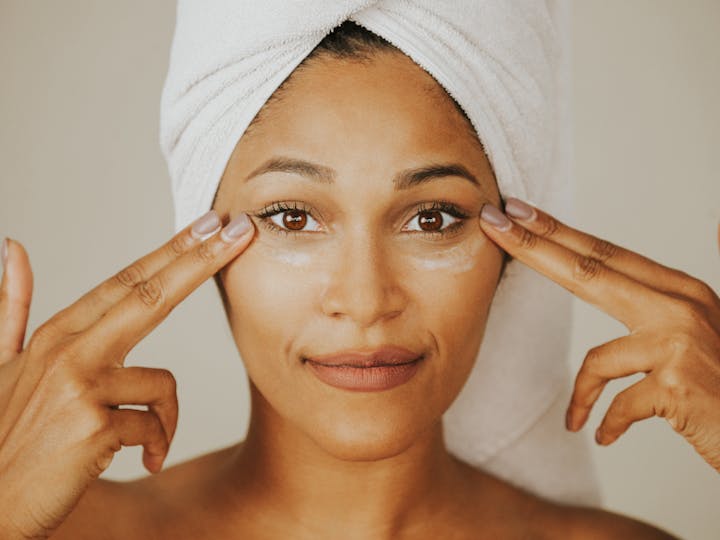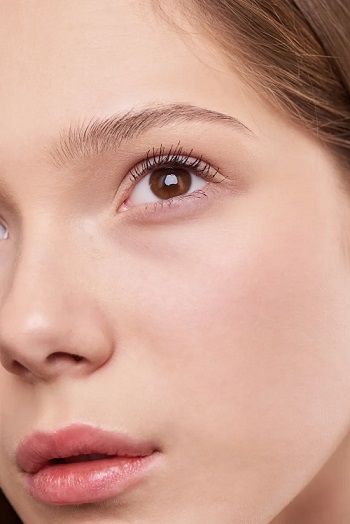Maintaining healthy, radiant skin requires more than surface-level care. The skin is the body’s largest organ and plays a vital role in protection, temperature regulation, and sensory perception. Its appearance is not only a reflection of external care but also of internal health and physiological balance. A wide range of methods, ranging from basic skincare practices to more advanced, medically supervised interventions – can significantly improve skin quality, particularly hydration, elasticity, and tone.
Understanding Skin Quality and Its Influencing Factors
Skin quality is determined by multiple characteristics, including moisture levels, firmness, smoothness, and evenness of color. These traits are influenced by a combination of genetic, environmental, and lifestyle factors. As we age, the production of collagen and elastin declines, hyaluronic acid levels decrease, and the skin barrier becomes less effective. This results in increased dryness, the appearance of wrinkles, and a loss of elasticity.
Other contributing factors include:
- Prolonged sun exposure without protection can degrade collagen and lead to uneven pigmentation.
- Smoking and air pollution generate free radicals that damage skin cells.
- A diet low in antioxidants and essential fatty acids may reduce the skin’s natural repair capacity.
- Chronic stress and lack of sleep can negatively impact skin regeneration.
Core Principles of Skin Hydration
Hydrated skin appears plump, supple, and smooth. Moisture retention is largely dependent on the health of the skin barrier and the presence of naturally occurring molecules like hyaluronic acid, ceramides, and glycerin.
To support skin hydration:
- Use a gentle, pH-balanced cleanser that does not strip natural oils.
- Apply moisturizers that contain humectants (which draw water), emollients (which smooth), and occlusives (which seal in moisture).
- Avoid overwashing or using hot water, which can impair the lipid barrier.
- Drink adequate water daily, though internal hydration supports more than just the skin.
Advanced hydration methods include injectable treatments that deliver hydration directly into the dermis. Some professional solutions contain bio-compatible ingredients, such as polycaprolactone microspheres, that gradually stimulate collagen while improving moisture retention.
Strategies to Boost Elasticity and Firmness
Loss of skin elasticity is a natural part of aging, but several approaches can help slow or reverse this process.
Top recommendations include:
- Applying topical antioxidants such as vitamin C and E can protect against oxidative damage.
- Retinoids (prescription or over-the-counter) are known to stimulate collagen synthesis.
- Maintaining adequate protein intake and micronutrients like zinc and copper is essential for collagen production.
- Facial massage and gentle lymphatic drainage may temporarily improve firmness by increasing circulation.
Minimally invasive treatments can also support skin resilience. Therapies using biostimulatory substances, like polycaprolactone, offer a dual mechanism: they provide a scaffold for tissue support and stimulate neocollagenesis, enhancing firmness over time.
Evening Skin Tone and Reducing Wrinkles
An even skin tone contributes significantly to the perception of youthful, healthy skin. Discoloration often results from sun damage, inflammation, or post-acne marks.
To address tone and fine lines:
- Use daily sunscreen to prevent UV-induced pigmentation and protect against future wrinkles.
- Incorporate mild exfoliants like alpha hydroxy acids (AHAs) to remove dead skin cells and promote turnover.
- Niacinamide is a well-tolerated ingredient that reduces redness, improves barrier function, and helps even out skin color.
- Lifestyle modifications, such as limiting alcohol and ensuring quality sleep, also reduce systemic inflammation that may reflect on the skin.
Professional skincare procedures, such as microneedling or skin booster injections, introduce biologically active solutions into the skin. Some formulations contain a unique combination of ingredients designed to reduce wrinkles and enhance tone.
In particular, the Miracle L skin booster treatment has become a topic of interest for individuals seeking long-term results. This injectable solution is known to contain polycaprolactone, a biodegradable compound with collagen-stimulating properties. It has gained attention for its ability to improve skin structure, hydration, and resilience. To learn more about the composition and clinical background of this approach, visit https://derma-solution.com/shop/skinboosters/miracle-l/, where Miracle L mechanisms are described in detail.
Daily Practices for Lasting Skin Health
While advanced methods can yield significant improvements, foundational skincare habits remain essential.
Support long-term skin quality by:
- Following a consistent routine tailored to your skin type
- Wearing broad-spectrum SPF every day, regardless of weather
- Managing stress through relaxation techniques and regular exercise
- Sleeping at least 7-8 hours each night to allow time for skin regeneration
Finally, regular consultation with a dermatologist or aesthetic medicine specialist can help assess your skin’s needs and suggest evidence-based, personalized interventions.
Conclusion
Improving skin hydration, elasticity, and tone involves a combination of daily care, healthy lifestyle choices, and – in some cases – professional dermatological procedures. A growing body of evidence supports the role of bioactive ingredients and injectables that target structural support and hydration. While no single product is a cure-all, exploring innovative solutions like Miracle L (available at https://derma-solution.com/shop/skinboosters/miracle-l/) in conjunction with proven skincare principles can lead to meaningful, lasting improvements in overall skin quality.




